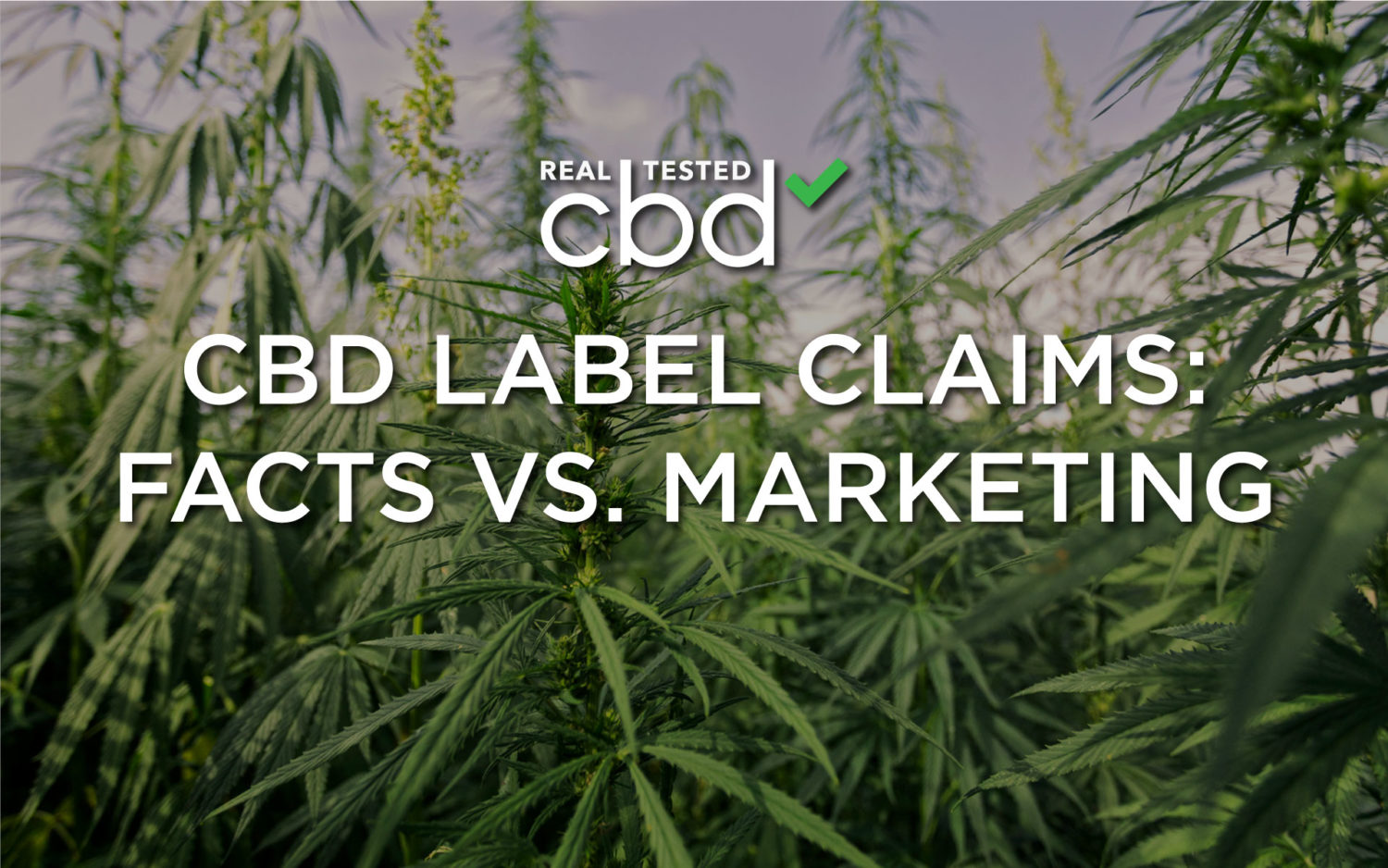
Starbuds is leveraging omnichannel technology and social distancing to ensure customer and employee safety during the COVID-19 pandemic.
The Colorado-based operator of recreational and medicinal cannabis dispensaries operates 20 locations in Colorado, Oklahoma, and Maryland. Chain Store Age recently spoke with Brian Ruden, CEO and co-founder of Starbuds, about how the company is specifically dealing with COVID-19 issues in Colorado, where it operates 13 dispensaries.
What technologies did Starbuds use to help quickly react to operational changes required by state COVID-19 regulations?
After the Colorado Marijuana Enforcement Division (MED) required all dispensaries to move to curbside service only as of March 24, we adapted quickly. Luckily, we already had online ordering set up, so our main goal was getting in front of our customers and we used all the tools at our fingertips.
“We sent out text and email blasts and updated our website to let our customers know we had switched to curbside service only. Additionally, we encouraged customers to order ahead on channels that were already available. That said, we also had tablets available for those customers who arrived without ordering ahead so they could place an online order. While we continue to navigate through this ever-changing situation, we are also monitoring new factors such as weather and ensuring we are prepared to take care of our employees and customers.”
What was it like on March 23 when the mayor of Denver ordered dispensaries to shut down, and then reversed the decision?
“That day was an emotional and logistical roller coaster. When the initial decision was announced at around 2 p.m. Monday, March 23, to shut down adult-use dispensaries starting at 5 p.m. the following day, we were very concerned with how to move employees and product from Denver to other markets. We were also worried other jurisdictions might force us to close too. Then the panic buying started, and the entire corporate team was boots on the ground to help at the store level.
“When the mayor of Denver rescinded the order a few hours later, the emotional roller coaster swung the other way. We were still crazy busy the rest of the day, but Tuesday felt more normal again. Overall, I am glad cannabis dispensaries were deemed an essential business so we can continue to service our customers.”
[Editor’s note: Starbuds operates four dispensaries in Denver]
What challenges have you experienced as a result of pivoting to a new business model?
“Challenges included getting in front of our customers with the changes to our ordering and sales processes, supporting employees who were being asked to do things differently, figuring out a new workflow, and how to take payments. We are still refining how to do this and one change we might implement is closing earlier at certain locations to ensure safety for our employees, our customers and the communities where we operate.”
Would you be able to share insight on sales over the past two weeks? Has there been an increase in volume?
“Generally speaking, sales are higher than usual. Outside of the panic buying and ‘pantry stocking,’ most people are home now and quite uneasy, trying to navigate these times. We believe cannabis is a comfort for many, so we are seeing more consumers of late.”
How do you see this impacting cannabis retail in the future? Will this permanently change the way people shop for cannabis?
“I think more people are being exposed to the online ordering process, which is a good thing. As our customers become more comfortable with online ordering, that will lead to comfort with home delivery for adult-use customers when that goes into effect in 2021. That said, I look forward to the time when we can get back to doing business as usual. Nothing can replace the experience of being in the store, seeing all the products, smelling the bud, and talking with your ‘budtender.’”


 iStock-Ivan-balvan
iStock-Ivan-balvan






